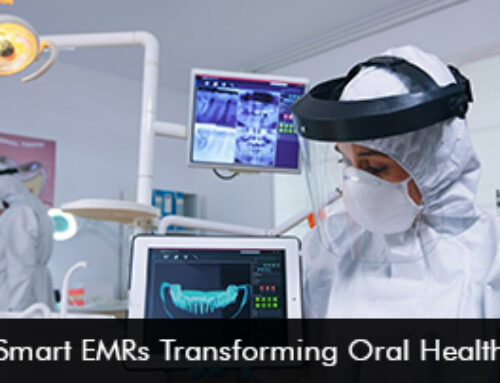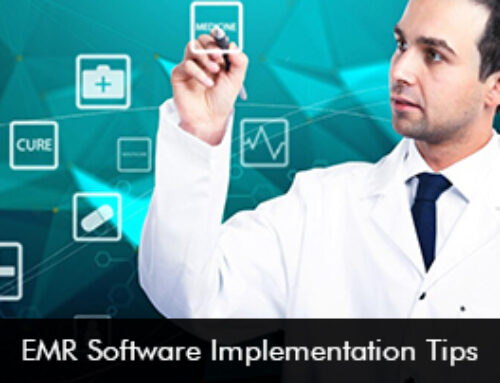Oncology is one of the most complex medical fields and has unique protocols and terminology. An oncologist needs to ensure that orders are documented properly, therefore many oncology clinics and hospitals have deployed Oncology EMR Software solutions to improve the patient care process and to eliminate human errors.
What is an Oncology EHR Software system?
The Oncology and Hematology EMR Software system is designed to meet the unique needs of the oncology practice through specific features and tools. The software systems have exclusive cancer and hematology workflows and templates. It also has powerful applications that facilitate reporting and cancer registry. Therefore, it is beneficial for oncologists to select an oncology-specific EHR Software rather than a generic Electronic Health Records system.
The Importance of Oncology-Specific Features
In a survey conducted by the Association of Community Cancer Centers, it was revealed that customized oncology features are necessary to provide the best quality care to cancer patients. The respondents of the survey believed that the following three features were a must-have for their oncology practice;
- Care coordination between sub-specialists in oncology
- Symptom management
- Screening services
A specialized oncology EMR solution lets the cancer care provider focus on the patient and reduce encounter documentation. It has powerful tools for drug management, treatment planning, chemotherapy automation, and digital imaging.
Top 3 Oncology EHR Software Systems in 2024
- CureMD – CureMD EMR Software is a cloud-based Software platform that is designed intuitively so providers can deliver high-quality patient care. The powerful software solution has capabilities of drug administration, drug management, customizable flow sheets, and automatic charge capture. The certified cloud solution is HIPAA Compliant streamlines operations and improves patient safety.
- Aria Oncology Information System – The EHR Software System by Aria Oncology Information System is designed to meet oncology-specific workflows and needs. The software system is ONC-ACB certified and helps oncologists by keeping track of patient information and optimizing treatment plans. It offers robust features of electronic documentation, health assessment, image review, and scheduling. The interoperable software systems make it seamless to transfer patient data between hospitals and other oncologists which supports care coordination.
- OncoEMR – The OncoEMR software is at par to meet the complex and unique requirements of oncologists. It offers features of analytics, a patient portal, and integrated billing management. The EMR System also has integrated clinical decision support and 1,800 live interfaces with inventory management providers such as; Cardinal, Nucleus, and LynxMobile to easily capture drug charges.
Moving Ahead
For an oncology clinic, choosing the appropriate Oncology Electronic Medical Records software solution is essential since it can streamline operations and improve patient outcomes. Before making a final decision, you should consider the user interface carefully and prioritize usability as it can make daily chores easier. It is important to pay attention to vendor-customer assistance since, according to a Software Advice study of EMR software customers, 8% of practices wish to switch from their current software solutions because of subpar customer service. These crucial factors will help you make the best software choice possible.







